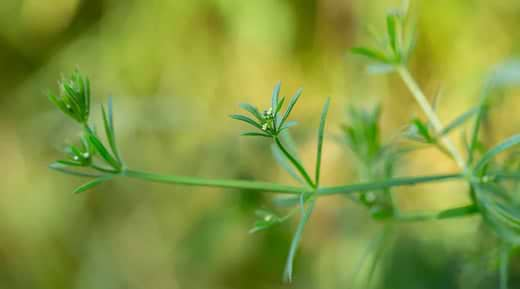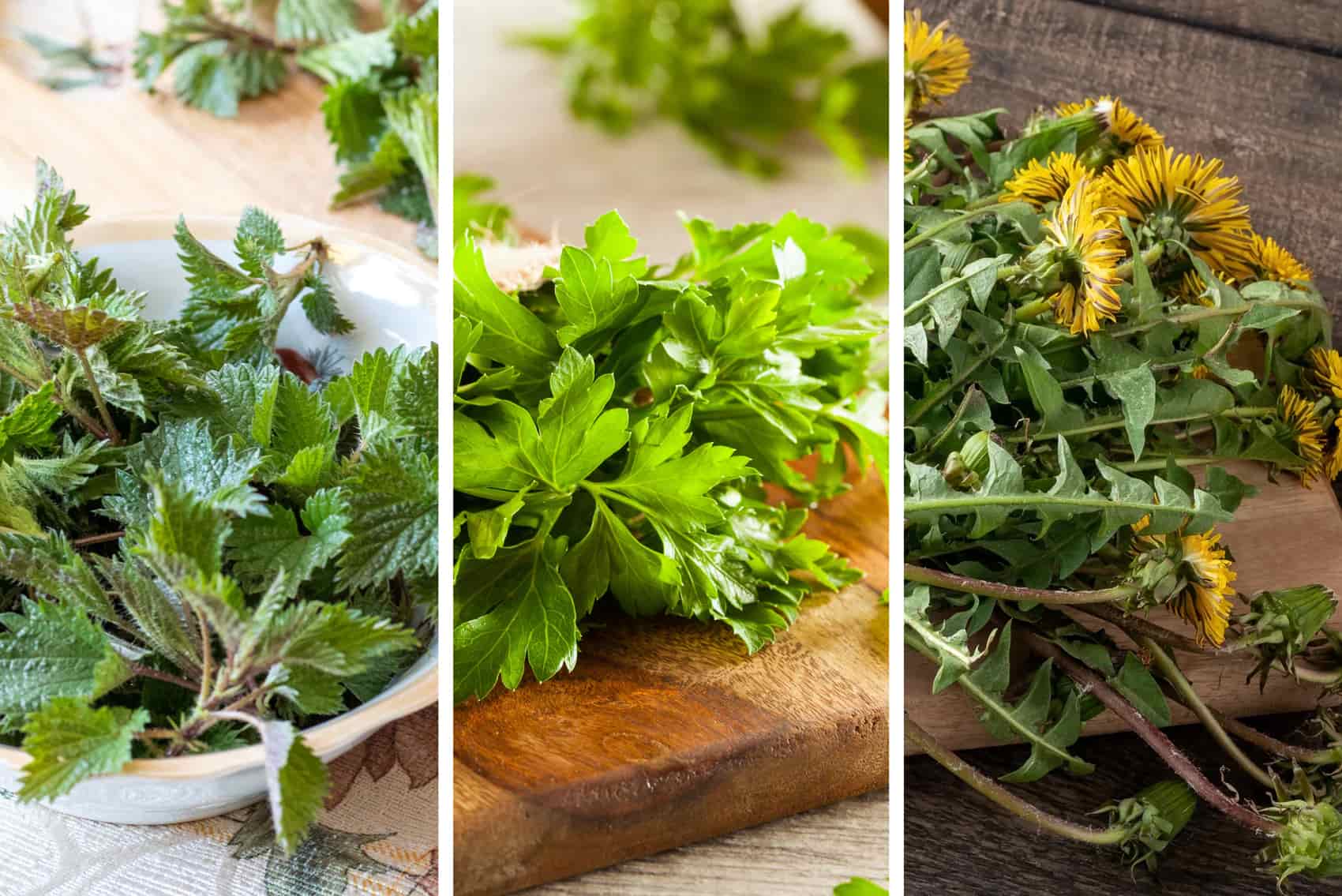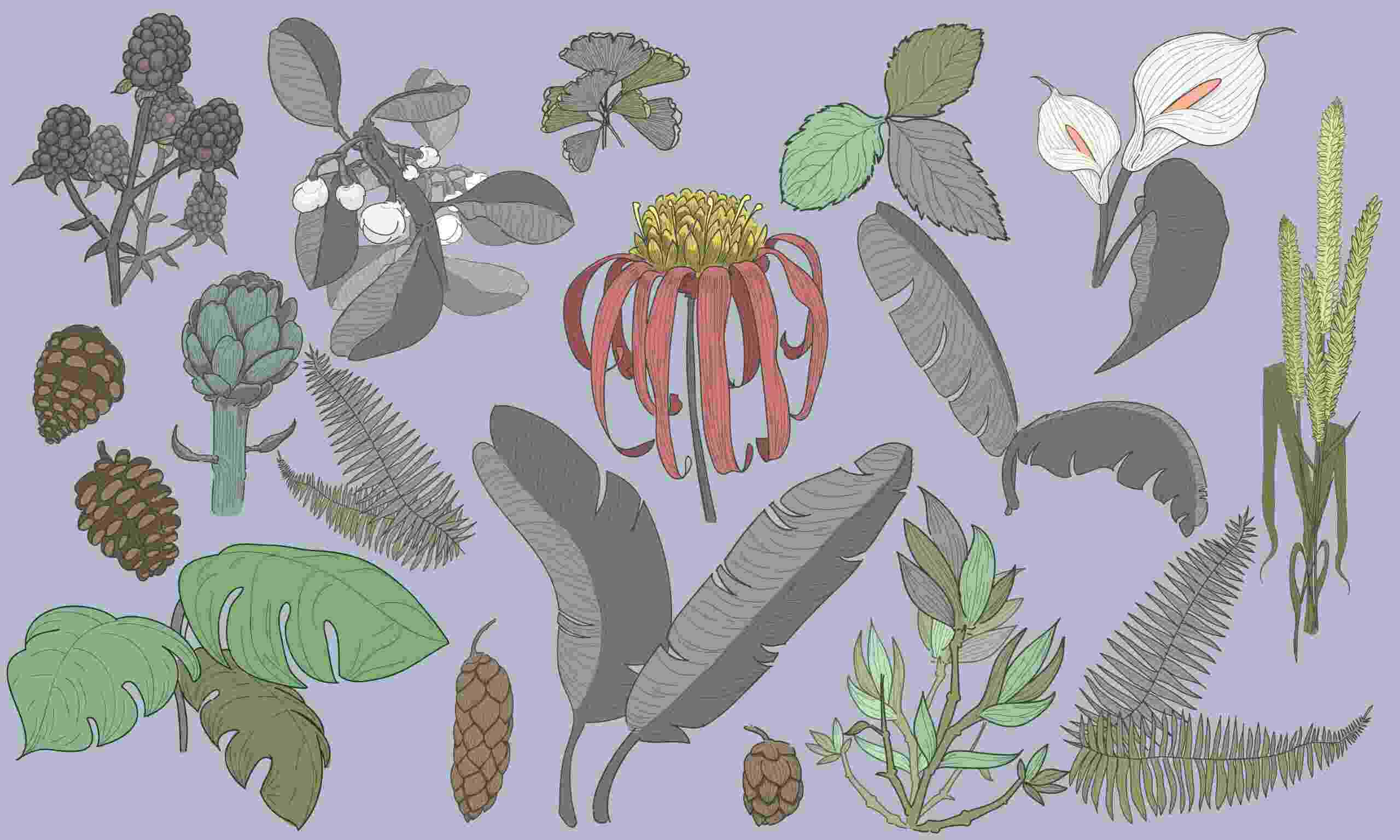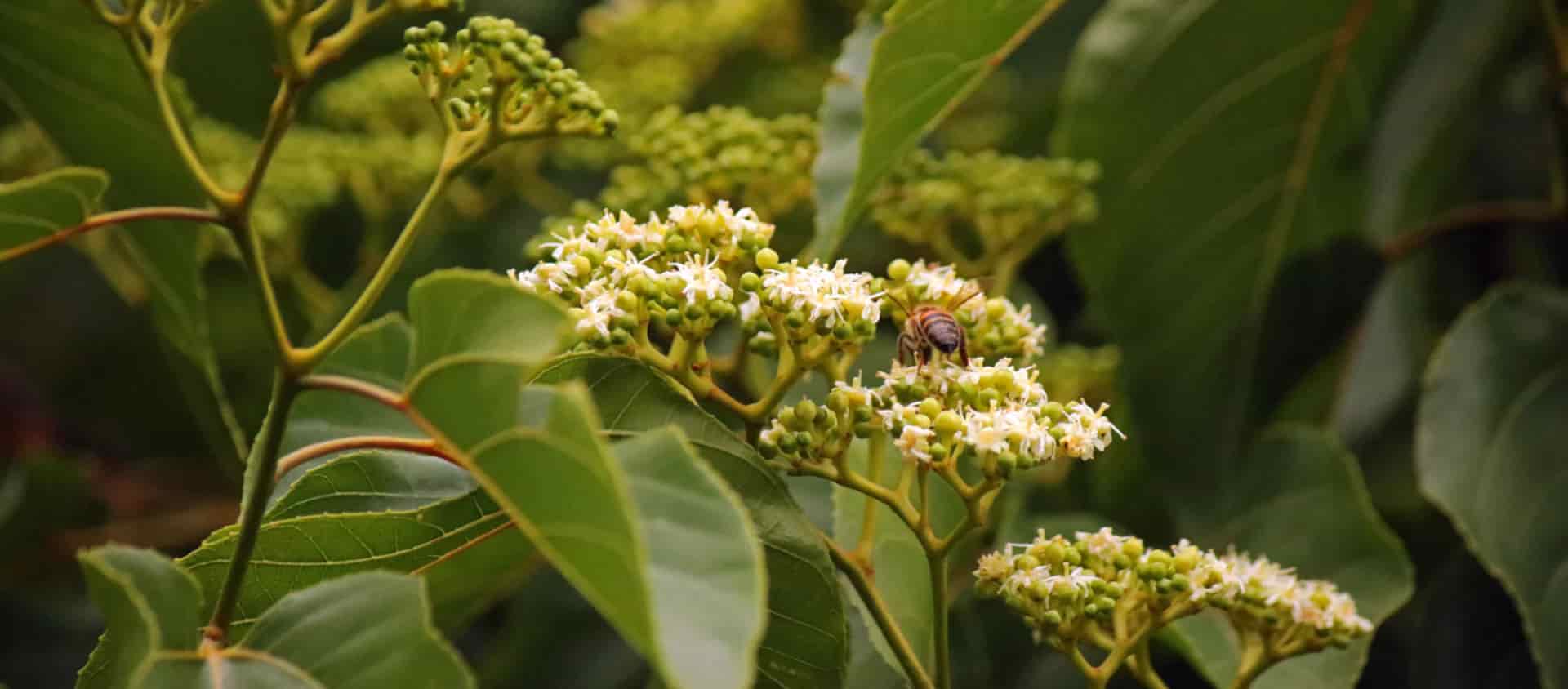Hovenia dulcis, more commonly known as Japanese Raisin, is a fruiting tree native throughout Asia that is sought after for many medicinal properties. We have reached outside our growing region because this botanical is unique and effective when paired with our more well-known Southwest plant allies. Let's explore this Eastern gem!
Botanical Description
Growing along the forest edges, Hovenia sprouts to heights of 30 feet tall, with thin, translucent leaves that shed at the end of each growing season. Hermaphroditic flowers will bear reddish-brown fruits, but only after the plant has been established for at least three to four years.
The fruit, which resembles a raisin in both size and color, is fragrant, and the taste is often compared to that of a Bergamot Pear. Many Japanese Raisin trees are delicate in their early growing stages, and few actually make it to full maturity, but this makes the fruit even more unique when it finally arrives!

Japanese Raisin is sought after for its many medicinal properties. Belonging to the Rhamnaceae family, Hovenia dulcis contains impressive constituents that are responsible for its medicinal value. Whole plant extracts provide flavonoids, polysaccharides, triterpenoids, and immune-supporting quercetin. Like many Buckthorn family plants, the symmetrical flowers grow into berries, fleshy drupes, or nuts with similar plant compounds.
Traditional and Current Uses
We highlight a very beneficial part of Hovenia in our new Party Prep formula: the seed! Known for their diuretic properties, the seeds of the Japanese Raisin tree may aid in elimination of toxins from the body. Since 90–98% of alcohol is processed in the liver, it can be helpful to support liver function through the use of herbs. Historically, Chinese Medicine utilized Hovenia to support the removal of alcohol from the body.

Compounds in Japanese Raisin seeds also support the neutralization of free radicals — unstable atoms that can damage cells. Free radicals have been linked to a host of illnesses, as well as premature aging.
Studies show the water extract of Japanese Raisin seeds could also inhibit absorption of alcohol in the gastrointestinal tract and support the alcohol dehydrogenase system our bodies have in place. Party Prep combines Japanese Raisin seed with other liver-supportive herbs like burdock root, dandelion root, Chicory root, and Prickly Pear.

Credit: Brittney Offenburg
Whether you're on the slopes enjoying a few local beers, drinking a couple glasses of wine at book club, or celebrating a friend's birthday over cocktails, reach for our Party Prep formula either pre-party (before imbibing), post-party, or the morning after to support your body's detoxification pathways and organs of elimination.
References
- Hovenia dulcis Thumberg: Phytochemistry, Pharmacology, Toxicology and Regulatory Framework for Its Use in the European Union
- Hovenia dulcis (Japanese Raisin Tree)
Brittney Offenburg (she/her) believes in empowerment through education. She attended the Colorado School of Clinical Herbalism where she studied medical herbalism, and she is currently pursuing a Bachelor of Science in Nutrition and Integrative Healthcare from Metropolitan State University of Denver. She is a customer journey representative at WishGarden Herbs.
For educational purposes only. This information has not been evaluated by the Food and Drug Administration. This information is not intended to diagnose, treat, cure, or prevent any disease, or sell any product.
Recommended Products
Further Reading















